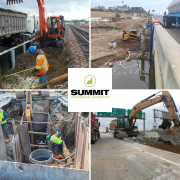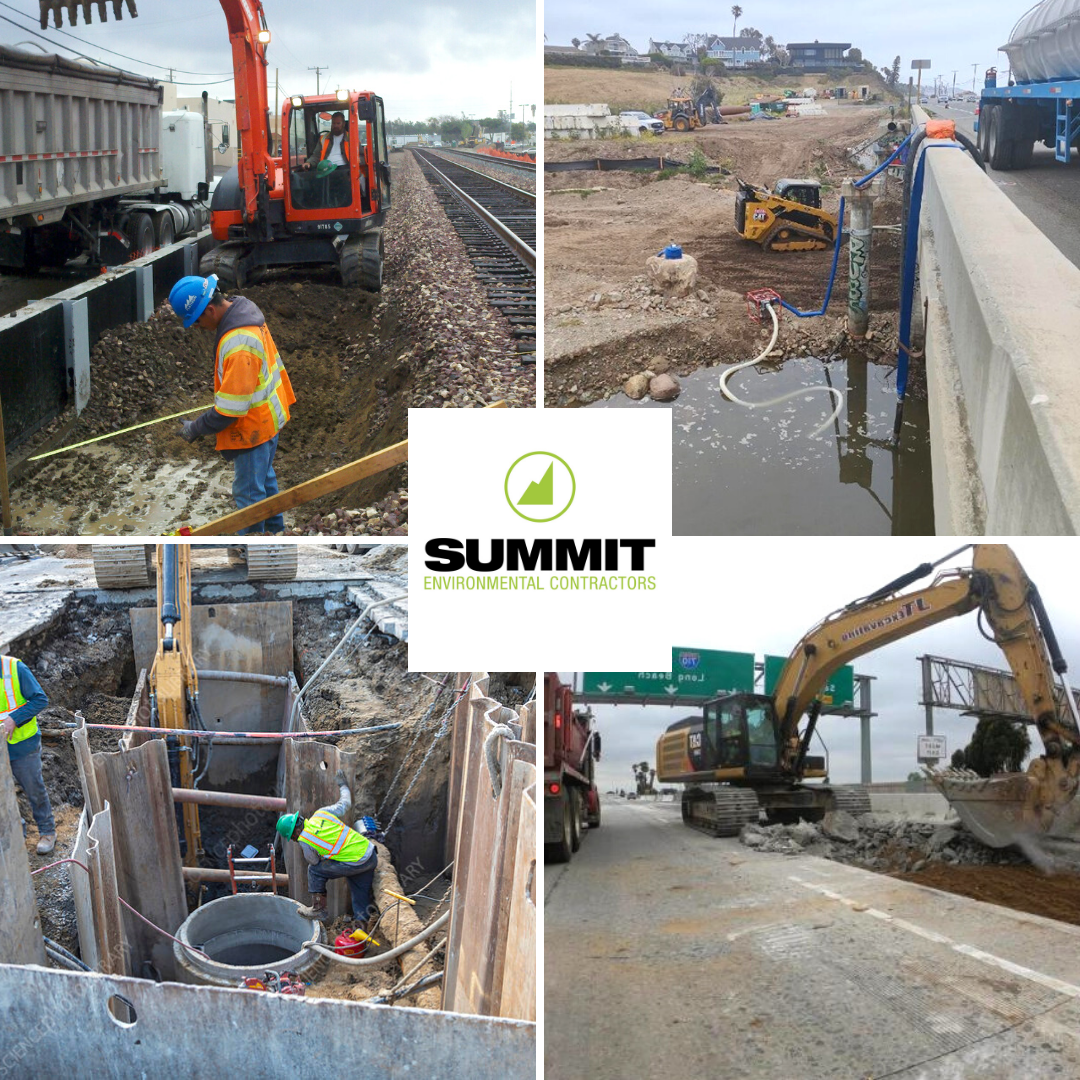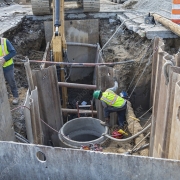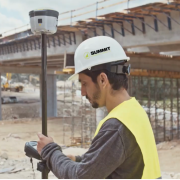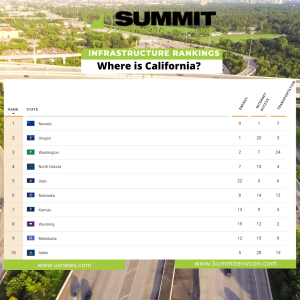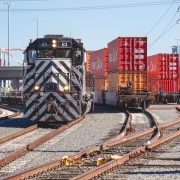
The 2021-22 Infrastructure Bill doesn’t just include upgrading bridges, railroads, and roads. It is easy to forget that utilities also need to be upgraded and play a significant role in our infrastructure. Even if we don’t see them daily, we use them daily.
Depending on the material, sewer lines can last anywhere from 30 to 100 years. In 2014 sewer lines in LA averaged 58 years old, with over 65% of the leaking pipes installed before 1950 (Position, Ben, et al., 2014). It is vital to continue these upgrades to protect our environment, communities, and families.
Outdated sewer lines can create many issues for the environment and the people in the communities it affects. This leakage could be an array of things. Depending on the materials, coal tar, asbestos, raw sewage, and other toxins could be leaking. These toxins are then released into the environment to wreak havoc.
Currently, the OC Feeder Project is helping to upgrade sewer lines to reduce the pollution in Newport Back Bay. The Metropolitan Water District of Southern California said that “…this project was necessary to ensure Metropolitan can continue to provide reliable water supplies to its 26-member public agencies that serve 19 million people.”
This is only the start of the upgrades, and in this case, already 19 million have benefited from it. Summit will be alongside many projects in the coming year(s).
What Can Summit Do for You?
If you’re interested in learning more about how Summit can improve your company’s approach towards hazardous waste management on upcoming infrastructure project!
Contact us at (949) 429 – 8263 ext. 102
Source:
Position, Ben, et al. “L.A. Identifies Riskiest Pipes in Aging Water System.” Los Angeles Times, Los Angeles Times, 7 Nov. 2014, https://www.latimes.com/local/california/la-me-water-main-breaks-20141107-story.html.


